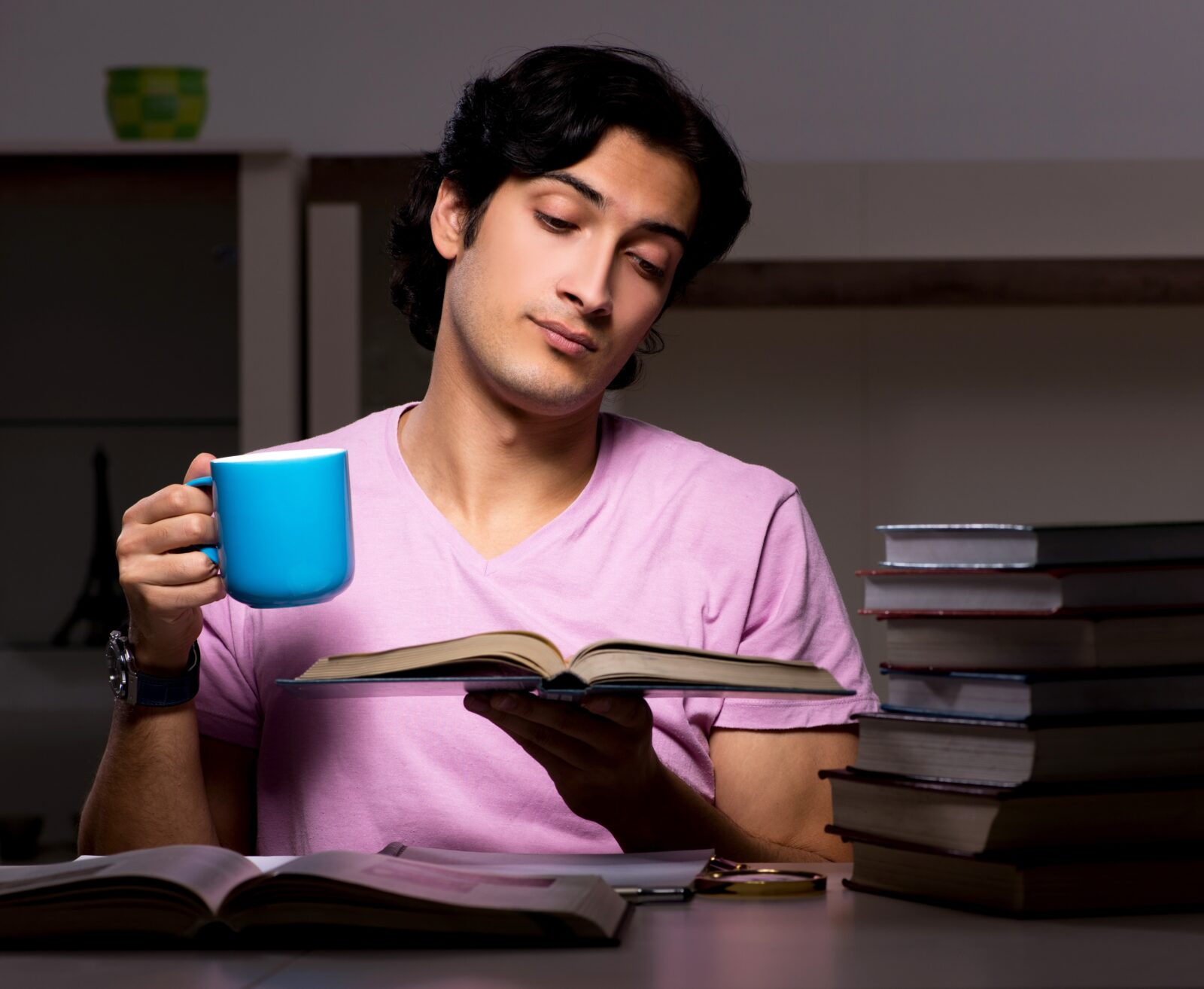Tea: It Should Be Every College Student’s Comrade
Cramming into the wee hours for the Advanced Engineering Calculus test. Enduring roommates’ snoring—and subsequent exhaustion from poor sleep. Prepping for labs, writing papers for the Medieval Art Survey class, forging a social life, joining the tennis club.
Few periods in most peoples’ lives rival the college years for their crush of busyness. Navigating the wilderness of demands exhausts even the most vigorous students.
Many freshman plowing through those required introductory classes, and seniors pulling all nighters to get grades that appeal to medical school admissions pros, guzzle coffee through college.
The drink certainly delivers energy—it’s got caffeine. But savvy scholars increasingly understand that achieving productive and creative energy is about much more than downing the beverage equivalent of jet fuel. The life of the mind requires more than just zip—it also wants inspiration and serenity, endurance and clarity.
Tea delivers more than just energy
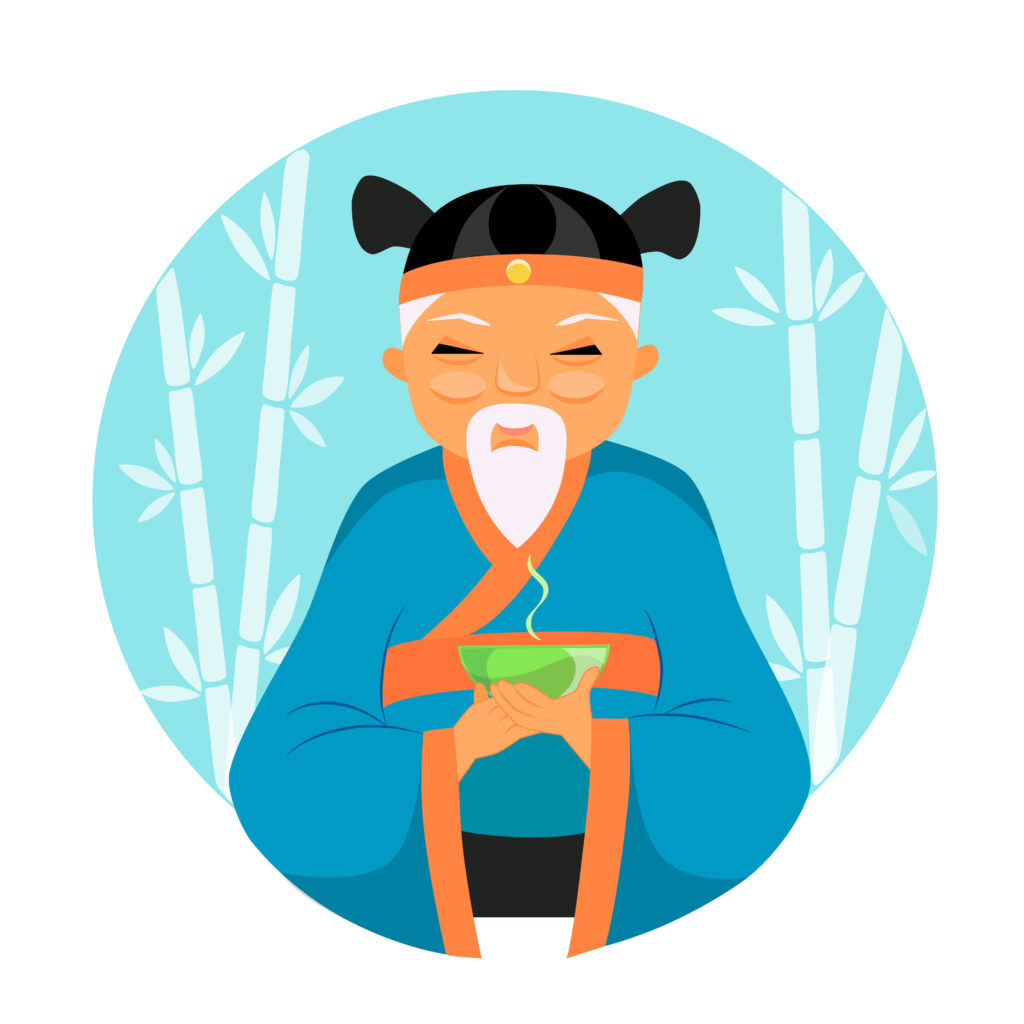
It’s no surprise that philosophers and artists were the first to begin sipping tea, more than 2,000 years ago in China. The beverage, from brewed Camellia sinensis tea leaves, bolstered and enlivened the thinkers’ curious brains. Tea became extremely valuable—a key companion to every scholar’s intellectual pursuits, as well as to their daily routines.
Yes, caffeine was—and remains—one of the sensory foundations of tea. But the plant delivered so much more, through the natural botanical compounds dwelling in its leaves. Polyphenols and amino acids. Enzymes and minerals. Antioxidants and carbohydrates. These botanicals and more ripen myriad effects within the human body—including things like serenity, clarity, endurance and inspiration.
And unlike coffee, the stimulative properties of tea don’t lead to scattered thinking and the jitters. One of tea’s superpowers is its ability to elevate energy without going too far. It also welcomes all-day sipping.
Today, thinkers of all kinds enjoy a much more diverse array of teas than those early philosophers savored. At Ku Cha House of Tea alone, we offer hundreds of teas—most of them based on Camellia sinensis. And meanwhile, tea farmers around the world cultivate a jaw-dropping number of cultivars—more than 23,000!
With the fall semester just getting started, it’s time to start thinking about all-natural support for the many challenges that college presents—from staying up late analyzing case law to working through difficult physics puzzles to finally figuring out a new way to paint a still life.
In other words, it’s time to begin exploring tea.
College Energy Tea: Irish Breakfast
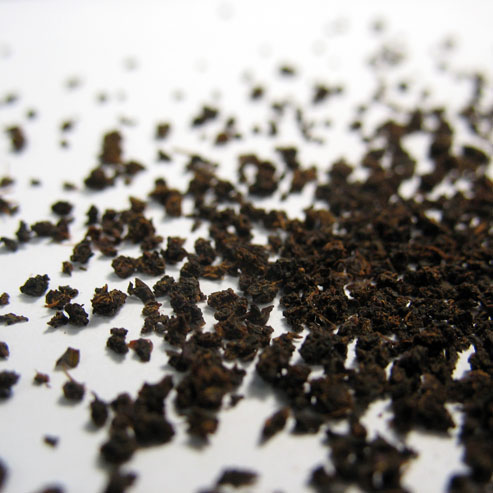
Power! That’s what comes with classic Irish Breakfast tea. Our blend incorporates finely ground teas from India and Tanzania. When brewed, the tea takes on deep copper colors, and delivers strong, malty and rich flavors. As the name suggests, we find Irish Breakfast especially welcome in the morning, when we need those mental cobwebs swept away. As with most black teas of this style, which are extremely popular in the United Kingdom and Ireland, they take well to cream and sweetener.
College Energy Tea: Blue Spring
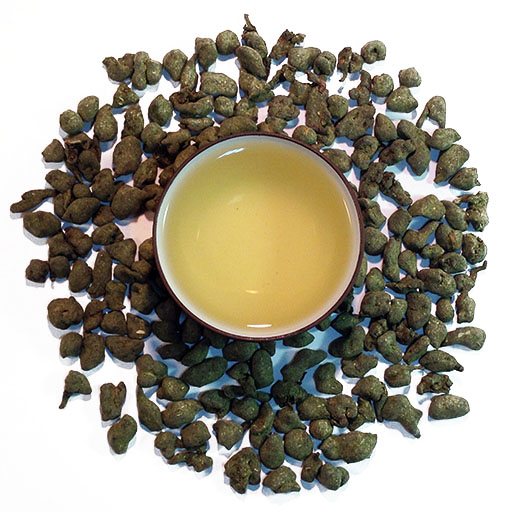
Here’s a traditional Camellia sinensis tea—with a twist—that counts as a perfect colleague for long mornings and afternoons of intellectual work. This beautiful oolong from China’s Fujian Province is one of our most popular teas. No shocker—it’s silk-smooth and flavor-rich. At least part of the tea’s attractiveness hinges on licorice root powder, which tea artisans dust over the tea leaves after they have been tightly rolled into pellets. The licorice addendum yields a sweet aftertaste and also helps soothe things like sore throats and coughs. And the licorice, too, adds to the oolong’s natural ability to offer mental clarity and energy.
College Energy Tea: Meditation Blend
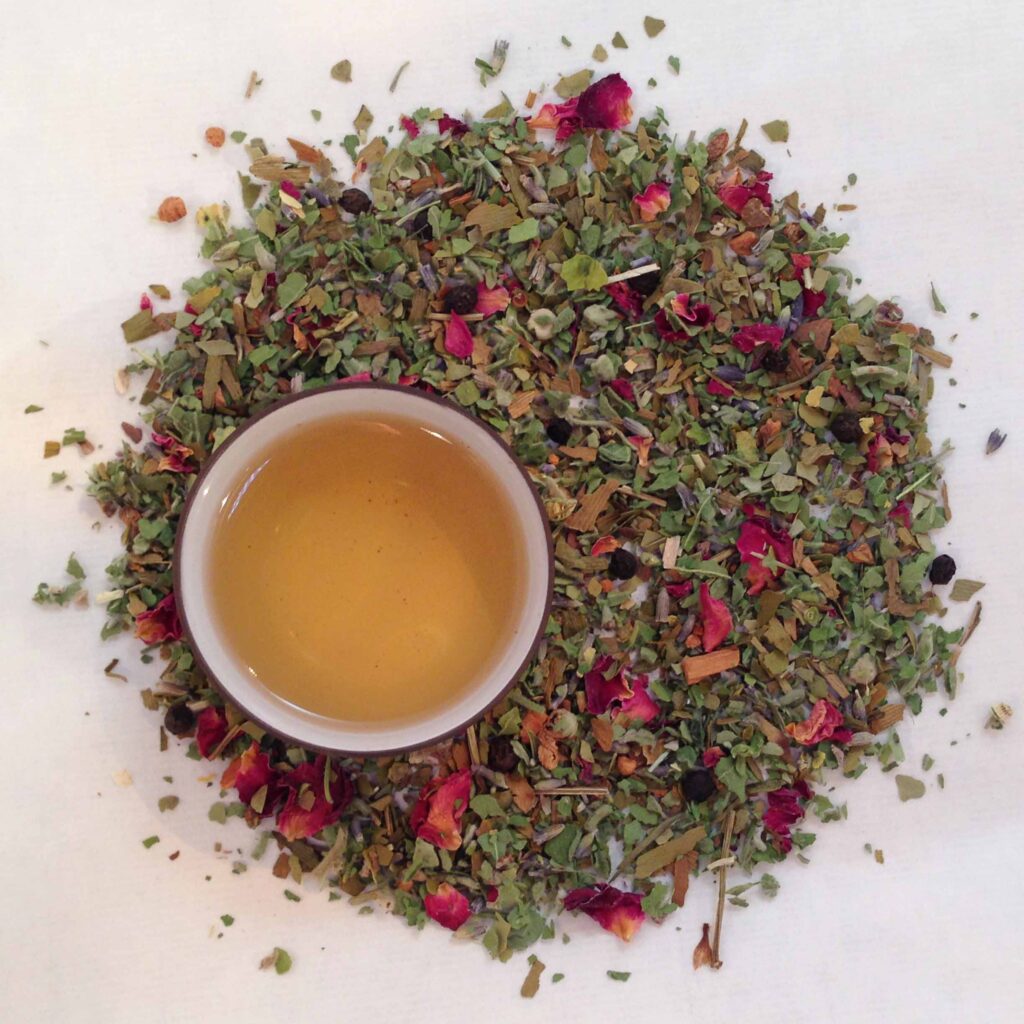
Many associate meditation with a variation on a theme of sleep. People are sitting still, for long periods of time. They’re not busy applying their minds toward difficult puzzles while plopped on the ground—in fact, they’re trying to quiet the mind. But in fact, mental work is key for meditation—what the people on the cushions desire is a kind of clarity. And they seek energy, too—sleep is not a goal. That’s why our Meditation Blend is so popular. The tea rests on a foundation of yerba mate, the caffeine-touched plant from South America that has become a beverage option around the world. Yerba stimulates without leading toward shaky hands and confused thoughts. This blend also incorporates ginkgo biloba, widely recognized by naturopathic doctors as a vital botanical for mental health. More? Of course. Cinnamon, black pepper, lavender, marshmallow and rose. Together, these botanicals simultaneously stimulate while relax. It’s a perfect blend for students of any age.
College Energy Tea: Alpine Chai
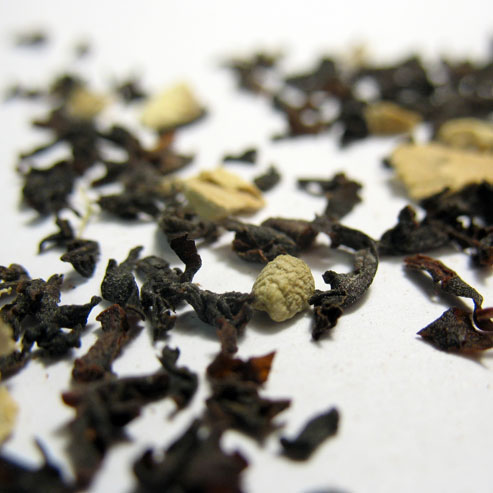
Chai awakens brains through more than caffeine—it also gets everything fizzy through spices. This chai, custom-blended to align with Colorado’s alpine grandeur, adds cinnamon, ginger, cardamom, clove and nutmeg to the base of Keemun Monkey black tea. Talk about effervescence! This blend will encourage the ripening of deep, nimble thoughts all day.
College Energy Tea: Ku Ding Cha
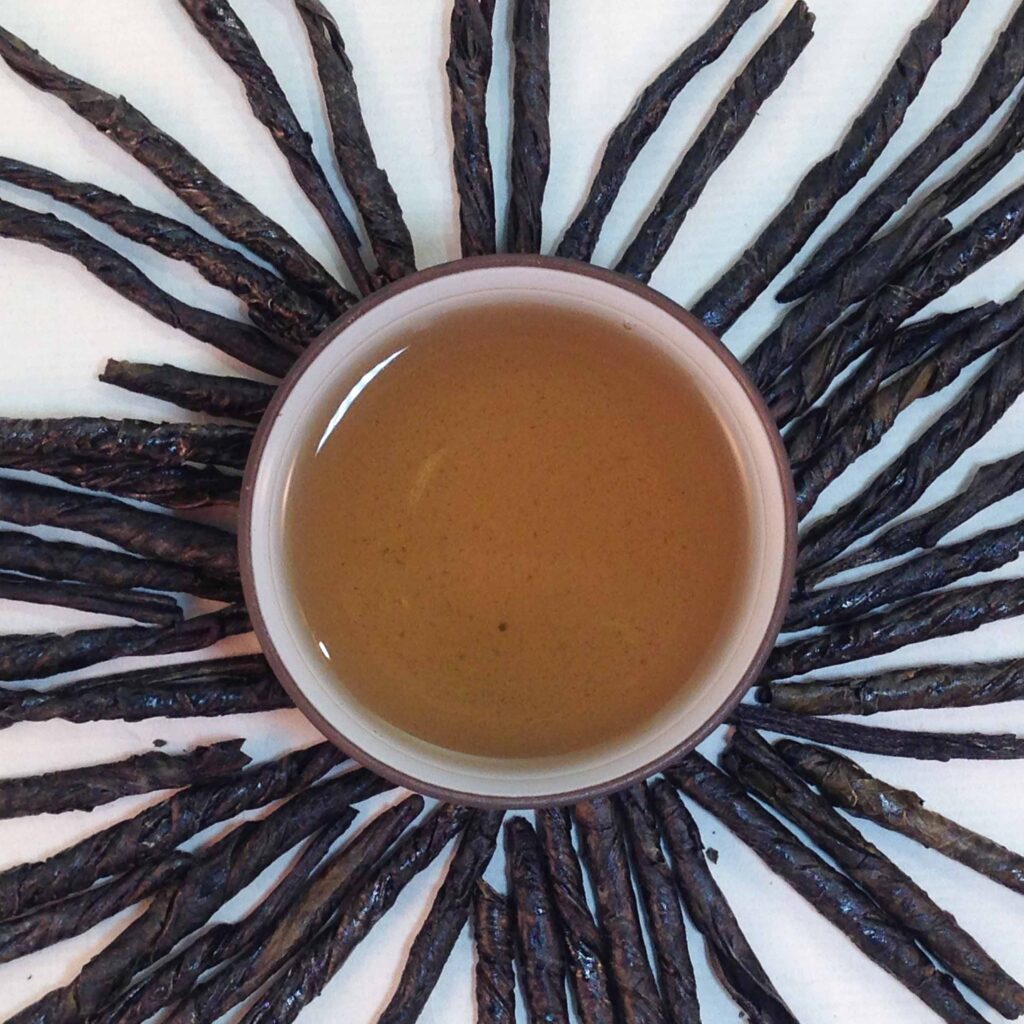
Chances are you’ve never heard of Ku Ding Cha—never mind actually tried it. But the tea, also called Green Water in China, is quite popular in parts of China—especially Sichuan Province. Ku Ding is not a kind of Camellia sinensis. Instead, it’s a completely different plant, and one without caffeine. People brew and drink Ku Ding for health benefits galore, including clearing the head and eyes from congestion, digestion and detoxification. But it’s also relied upon to deliver impressive mental focus, and to enhance blood circulation. Give this a shot, and you’ll keep on ordering it. Pro tip: Brew it quickly. Ku Ding is more bitter than tea. When it sits for too long in hot water, the bitter becomes a bit much. But when brewed properly, it sings—a perfect balance of bitter and sweet.

